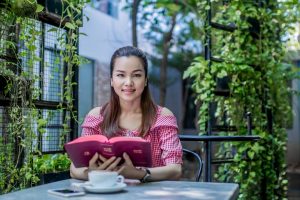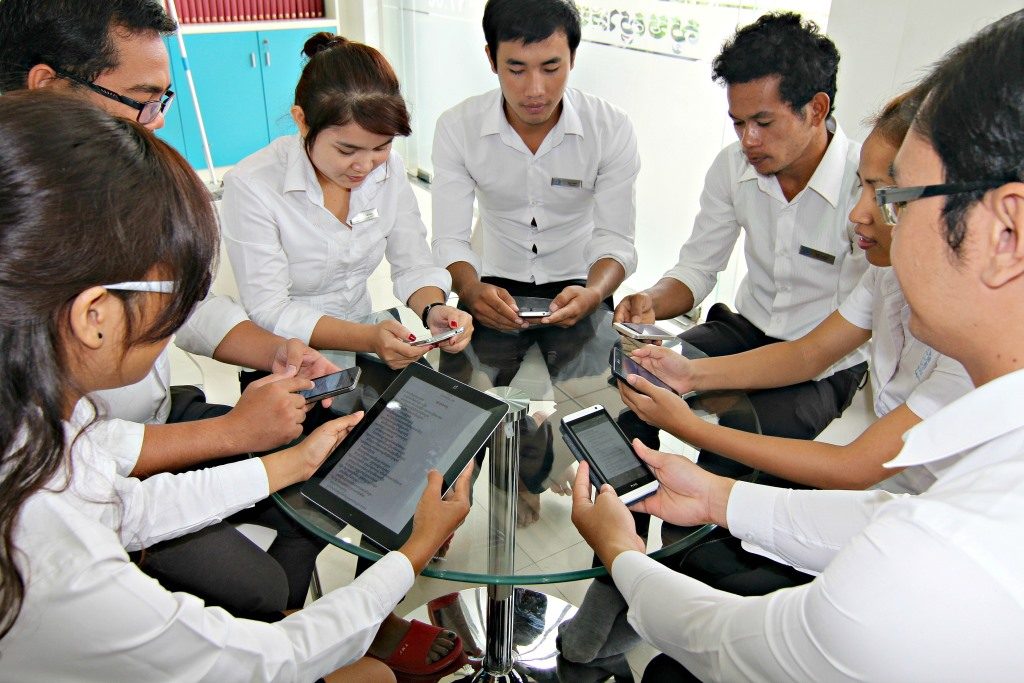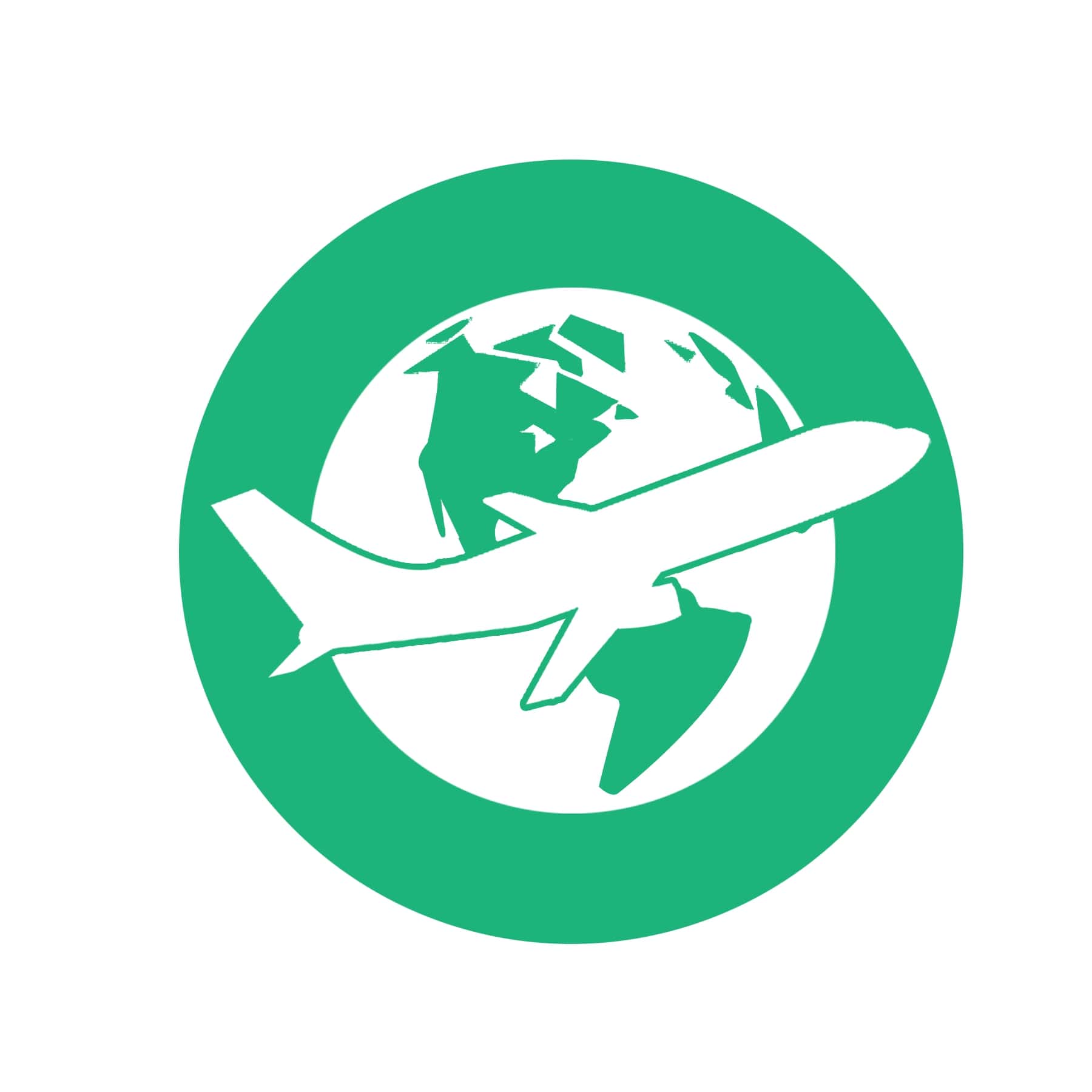Modern Khmer Bible at the Heart of the Revival of the Cambodian Church
This article was originally posted by the United Bible Societies.
Over the past 20 years the Cambodian Church has experienced an extraordinary revival. Today there are 400,000 Christians in the country – a steep increase from the 5,000 Cambodian Christians in the 1990s. The Modern Khmer Bible, published in 1997, is at the heart of this revival. The translation happened in exile when Cambodia was closed and Christians killed. It has been key to the renaissance of the Cambodian Church.
A new Church

Mana Duong with her Modern Khmer Bible
“This translation brings hope to the decimated Cambodian Church,” declared Rev Dooley, an American missionary to Cambodia. He was speaking in the 1990s, when the New Testament had just been published and the Old Testament was still being translated. “I am waiting for this Bible to be completed,” he added. “It will enable a new Church to be built for a new generation.”
That is exactly what has happened. The Modern Khmer Bible makes it easy for people to read, understand and be touched by the Gospel. Cambodian celebrity Mana Duong – a television presenter – describes her experience of reading the Bible:
“I love to read the Word each day because it helps me to understand God’s overflowing love for us. It is rare for me to not read the Bible! Everywhere I go, even when I travel to other provinces, I always take my Bible with me. The Bible is my life.”
Two million dead
What a contrast between the flourishing Cambodian Church of today and its recent history. The genocide perpetrated by the Khmer Rouge led to the deaths of two million Cambodians between 1975 and 1979 – and Christians were not spared.
“The four Khmer Christians on the Modern Khmer Bible translation team between 1968 and 1975 all perished under the Khmer Rouge,” explains Father François Ponchaud. He was a member of this interconfessional translation team, and fled Cambodia in May 1975, taking with him the first five chapters of Matthew.
“We will do something”

Translation team working on the Modern Khmer Bible
Determined that the work should somehow continue in exile, in 1984 Fr Ponchaud sought help from the United Bible Societies (UBS), which at that time had an Asia office in Hong Kong. His visit was unsuccessful: Cambodia was closed therefore it would not be possible to distribute a new translation there so the project was ‘unviable’, he was told.
But this did not discourage him: on his return home to France he explained the situation to French Bible Society General Secretary Rev Jean-Pierre Boyer. Mr Boyer told him, “We will do something. Who knows? Maybe when we’ve finished translating the Bible the country will open up again?”
He kept his word. Thanks to Fr Ponchaud’s persistence and Mr Boyer’s vision, translation work recommenced in 1985, funded by donors in France. The interconfessional team was made up of four translators in exile, notably Fr Ponchaud and the Rev Arun Sok Nhep.
“Mr Boyer didn’t know how true his words would prove,” comments Mr Sok Nhep, who today works as a UBS Ministry Resources Facilitator. “That man really had a vision: we had just finished translating the New Testament in 1992 when Cambodia re-opened!”
“A true revival”
It was back in Cambodia that the Old Testament was translated. Fr Ponchaud and Mr Sok Nhep returned to the country and put together a new translation team. Within four years the Old Testament was completed and the New Testament revised. The full Bible was published in 1997.
“In the 1970s everything was lost – the translators’ lives, the draft manuscript of the New Testament…and then this…It was a true revival!” states Mr Sok Nhep.

Arun Sok Nhep and Fr Ponchaud today
“Restoring the Word of God to the Khmer people gave new life to the Cambodian Church,” adds Fr Ponchaud.
Today, the Modern Khmer Bible is used by the Catholic Church and most Protestant churches, too. And a revision is now underway by a team of young Cambodian Christians.
“The French Bible Society and its donors enabled the work to resume at a time when nobody believed in the future of the Cambodian Church, when everybody had lost hope,” concludes Mr Sok Nhep. “And the New Testament was ready just as Cambodia re-opened its doors! It was surely not a coincidence that Fr Ponchaud and I both ended up in France – land of asylum that also nurtured this new translation!”

Young Cambodians reading the Bible on their smartphones



